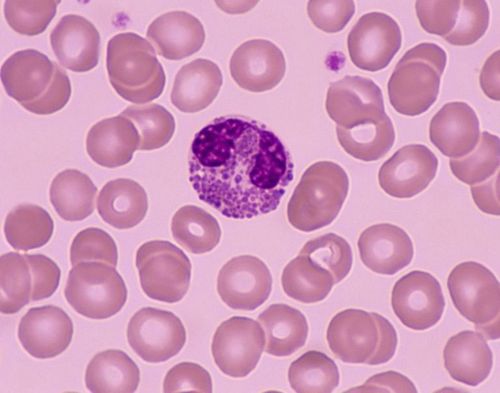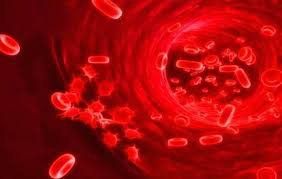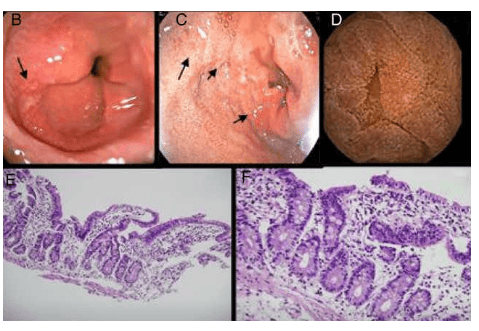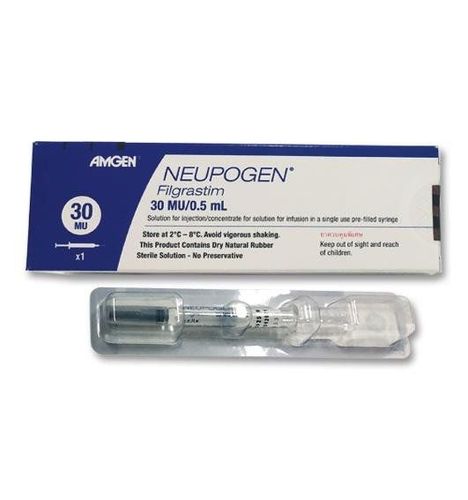This is an automatically translated article.
Leukopenia can be caused by inherited autoimmune diseases, or by a weakened immune system, certain diseases, or the use of certain medications.1. What is the cause of leukopenia?
There are several factors that cause leukopenia by affecting the production of white blood cells in the bone marrow. While some other factors cause leukopenia by destroying and destroying white blood cells. In addition, leukopenia can also be caused by certain treatments or medications.Causes of leukopenia are:
Viral infections: Acute viruses such as colds or flu can cause a temporary decrease in white blood cells. In the short term, a viral infection can disrupt the production of white blood cells in the bone marrow. Due to blood and bone cell factors such as aplastic anemia, an overactive spleen or myelodysplastic syndrome,... can reduce white blood cells. Cancer and leukemia can damage the bone marrow, leading to leukopenia. Due to infectious diseases such as HIV/AIDS, tuberculosis. Due to an autoimmune disorder: when the body fails to recognize its own cells and begins to attack them. Diseases that disrupt autoimmune conditions such as lupus or systemic lupus erythematosus (SLE), Crohn's, rheumatoid arthritis. Due to reproductive disorders (also called congenital disorders) such as Kostmann syndrome, myelokathexis syndrome. Due to malnutrition: deficiency of some vitamins and minerals can reduce white blood cells such as vitamin B12, folate, copper, zinc deficiency... Due to cancer treatment, inhibiting the production of white blood cells in the bone marrow leads to to leukopenia such as chemotherapy, radiation therapy, bone marrow transplant. Due to the use of some drugs such as: treatment of multiple sclerosis, epilepsy, antidepressant, antipsychotic, immunosuppressive, antibiotics, detoxification,... In addition, in the early stages of infection infection, when the body is fighting the infection process, it can make white blood cells. This condition is called pseudo leukopenia.
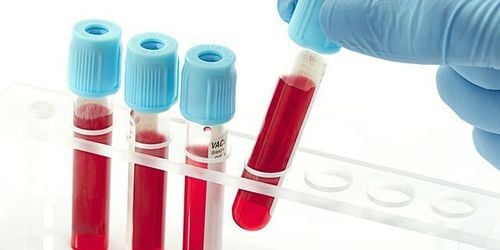
Bạch cầu giảm được phát hiện qua xét nghiệm máu
2. How to detect leukopenia?
Leukopenia can be diagnosed with a blood test to check the whole blood. The white blood cell counts include:WBC - The number of white blood cells in a blood volume: the average value is about 4,300 - 10,800 cells/mm3. WBC is reduced in cases such as aplastic anemia, viral infections (HIV, hepatitis virus), vitamin B12 or folate deficiency, taking some drugs such as phenothiazines, chloramphenicol, .. LYM - Lymphocytes (which are the cells) immunocompetent including T and B lymphocytes): the average value ranges from 20 to 50%. Lymphocyte reduction in cases of HIV/AIDS, tuberculosis, cancer, severe typhoid, malaria,... NEUT - Neutrophils (helps fight fungal and bacterial infections): average values in the range from 60 to 66%. Neutropenia in cases of aplastic anemia infection, use of immunosuppressive drugs, heavy metal poisoning... MON - Mono white blood cells (with anti-bacterial, viral, fungal and healing roles) tissue damaged by inflammation): the average value ranges from 4-8%. Monocytopenia in cases of aplastic anemia or corticosteroid use. EOS - Eosinophils (with antiparasitic effect): mean values range from 0.1 - 7%. Eosinophilia is caused by corticosteroid use. BASO - Basophils (with an important role in allergic reactions): the average value ranges from 0.1 to 2.5%. Leukopenia may be due to bone marrow damage, stress, or hypersensitivity....
3. Symptoms of leukopenia
Leukopenia has no specific symptoms, however, with leukopenia, the body's resistance will be weaker and more susceptible to infection and infection. Symptoms of infection are:Fever Sweating Chills.

Sốt là triệu chứng của giảm bạch cầu
4. Treatment of leukopenia
Mild cases of white blood cell deficiency may not require treatment, but only need to pay attention to rest and nutrition. In more severe cases of leukopenia, it is treated based on the cause:With antibiotics when infected. With drugs that suppress the immune system. Change medication if leukopenia is drug-induced. Treat latent infections. Stem cell transplant. Stimulating bone marrow cells to produce more white blood cells A white blood cell test is a way to detect leukopenia so that the cause can be examined and treated promptly.
Vinmec International General Hospital is the address for examination, treatment and effective monitoring of many diseases. At Vinmec, there is a system of modern facilities, international standard testing machines, a team of experienced and qualified medical professionals capable of examining, taking samples, samples and taking steps. Testing according to the correct procedure should give accurate results. Help doctors have the opportunity to diagnose disease conditions and advise on the use of drugs, lifestyle maintenance, nutrition to minimize disease complications.
Please dial HOTLINE for more information or register for an appointment HERE. Download MyVinmec app to make appointments faster and to manage your bookings easily.





